Iran Foreign Ministry: New deal with IAEA ‘in complete conformity’ with new nuclear law
Tehran says its Sunday agreement with the International Atomic Energy Agency (IAEA) is in complete conformity with a recent law passed by the Iranian Parliament that pushes the country’s nuclear program forward.
“What has been done is entirely within the framework of the Parliament’s legislation,” Foreign Ministry spokesman Saeed Khatibzadeh said at a press conference on Monday, hinting at an agreement reached between Ali-Akbar Salehi, the head of the Atomic Energy Organization of Iran (AEOI), and Rafael Grossi, the director general of the IAEA, in Tehran on Sunday.
Khatibzadeh said that under the agreement, Iran’s voluntary implementation of the Additional Protocol to the Non-Proliferation Treaty’s Safeguards Agreement will be suspended while some of the IAEA’s necessary verification and monitoring activities will continue for up to three months within the Safeguards Agreement.
Grossi arrived in the Iranian capital late Saturday for talks about issues relating to the agency’s monitoring of Iran’s nuclear energy program. His visit came after Tehran officially informed the IAEA of its decision to end the voluntary implementation of the Additional Protocol, which allows the IAEA inspectors to carry out closer inspections of Iran’s nuclear program.
“Technical talks were held with the Atomic Energy Organization of Iran and significant diplomatic and technical achievements were made,” Khatibzadeh said, echoing Grossi’s Sunday night tweet that hailed the “good results” achieved during his trip.
Khatibzadeh explained that according to the new agreement, Iran will refuse to share footage from cameras at its nuclear sites with the IAEA.
He further emphasized that the Atomic Energy Organization of Iran expended considerable efforts so that the agreement would be in accordance with the parliament’s law.
Back in December, Iranian legislators passed a law to further accelerate the development of the nuclear program. The law is a firm reaction to Washington’s 2018 withdrawal from the Iran nuclear deal – the Joint Comprehensive Plan of Action (JCPOA) – and the illegal sanctions the US has imposed against Iran since then.
Among other things, the law tasked the Iranian administration to stop allowing inspections beyond the Safeguards Agreement, including the voluntary implementation of the Additional Protocol, if the other parties to the JCPOA failed to deliver on their commitments.
Elsewhere in his remarks, Khatibzadeh emphasized that the move was not a new chance for the United States.
He urged the Joe Biden administration to decide whether it wants to pursue the failed “maximum pressure” policy of the former administration, which he said would end in “maximum defeat” for the US, or to distance itself from that legacy of failure.
According to the spokesman, the US not only left the JCPOA but it also set traps along the way so that no one would be able to remain in the deal or benefit from it. He was referring to the secondary sanctions that the administration of former president Donald Trump imposed on anyone cooperating with Iran.
“We have defined the way back [to the JCPOA], and accordingly, the United States must first adhere to its commitments to enter the deal,” he said, adding sanctions have to be first removed, so they can enter the negotiations.
‘Racist’ Florida congressman draws outrage over Islamophobic comment
‘Get the files out’: Hillary Clinton slams Trump for Epstein files ‘cover-up’
Netanyahu’s former chief of staff dies suddenly at 58
Discover Iran: How once-isolated Makran coast is rising as Indian Ocean’s next strategic powerhouse
Hamas says it has not received deadline for disarmament as Israel threatens to reignite war
Switzerland weighs European option as Patriot delivery stalls
VIDEO | Press TV's news headlines
VIDEO | Another Gaza medic dies in Israeli custody




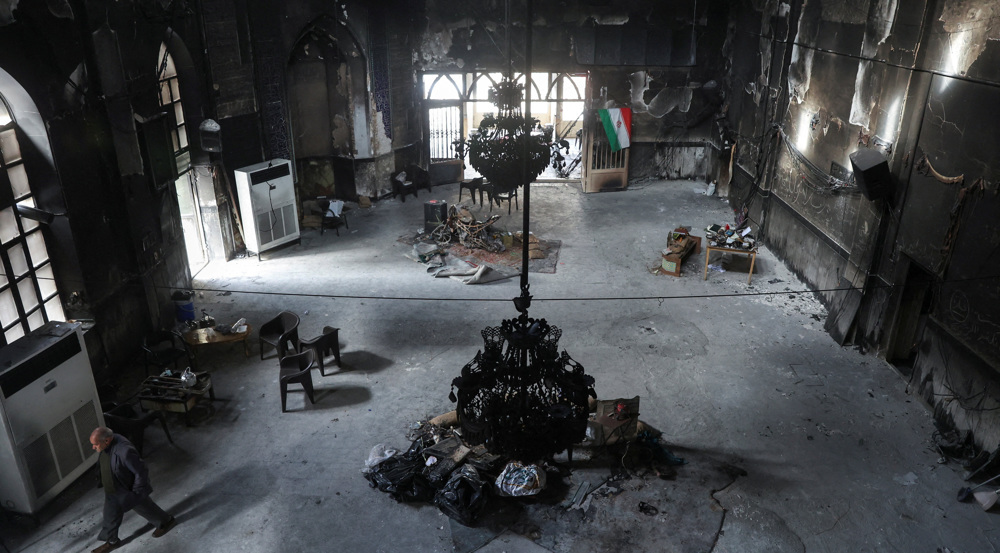
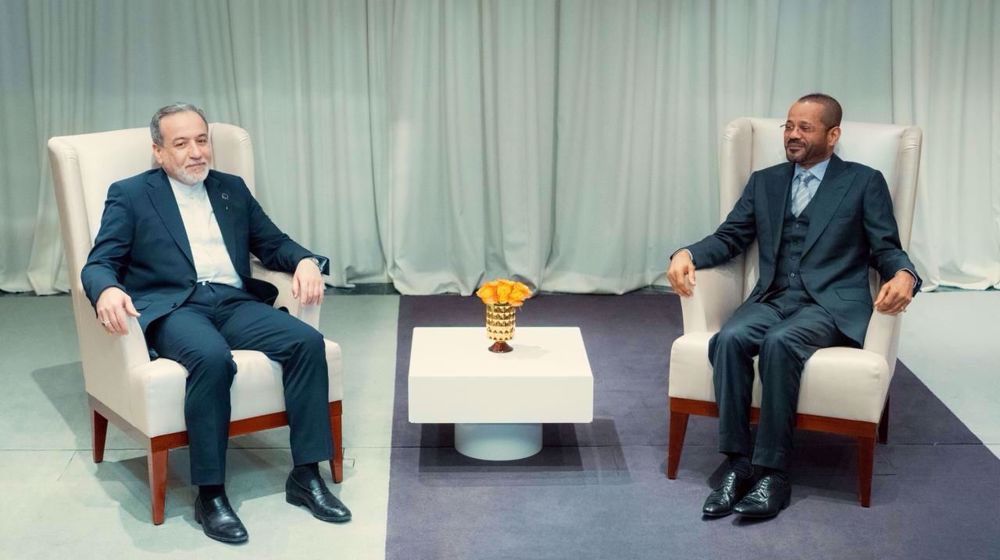
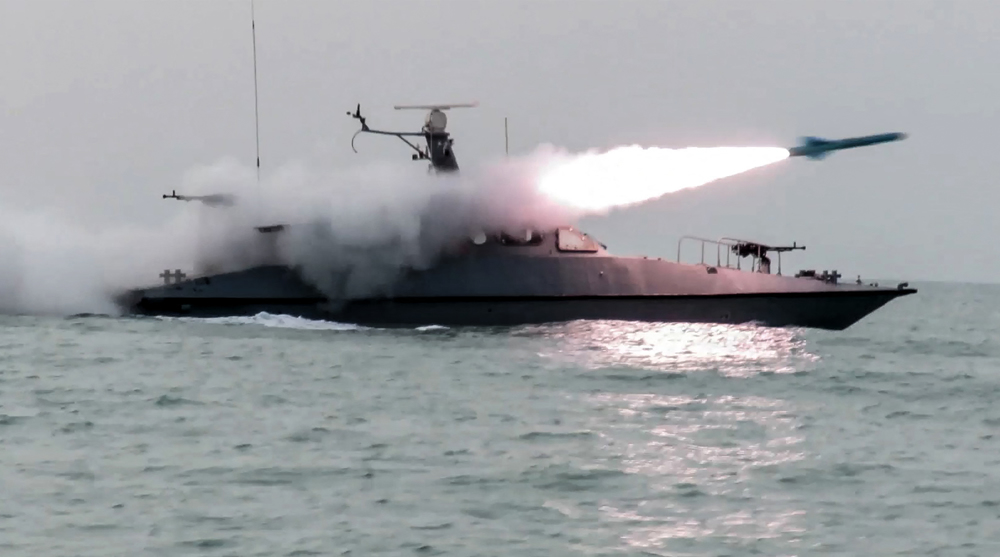



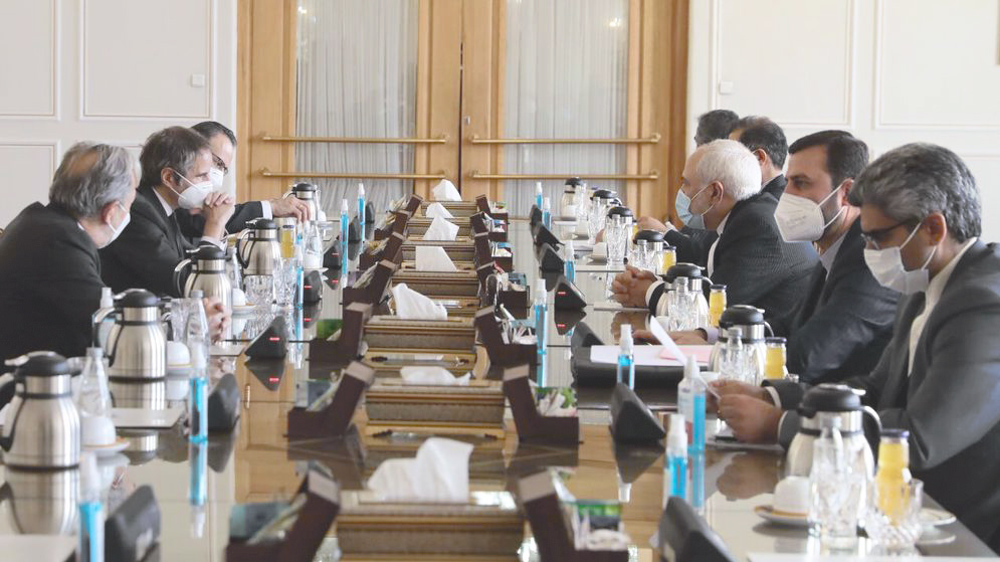
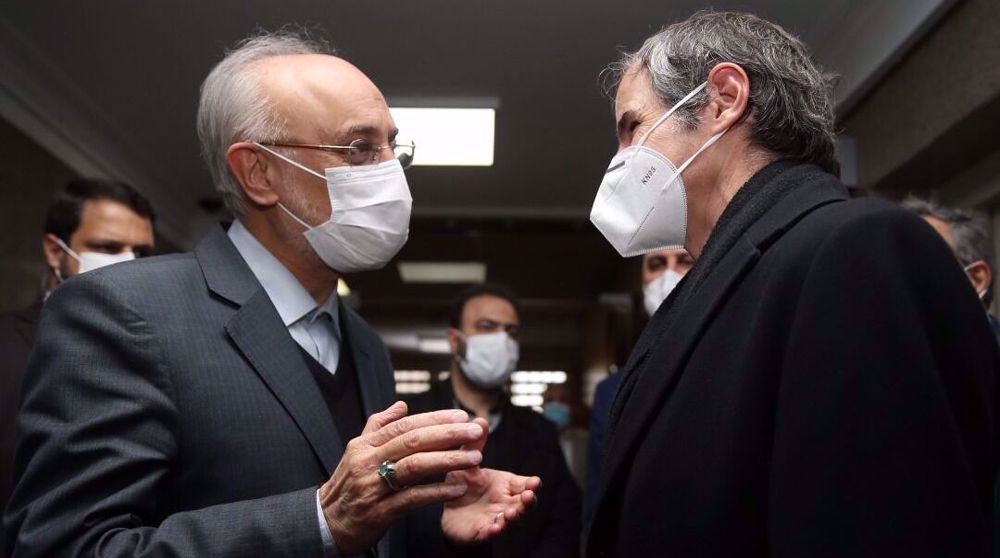
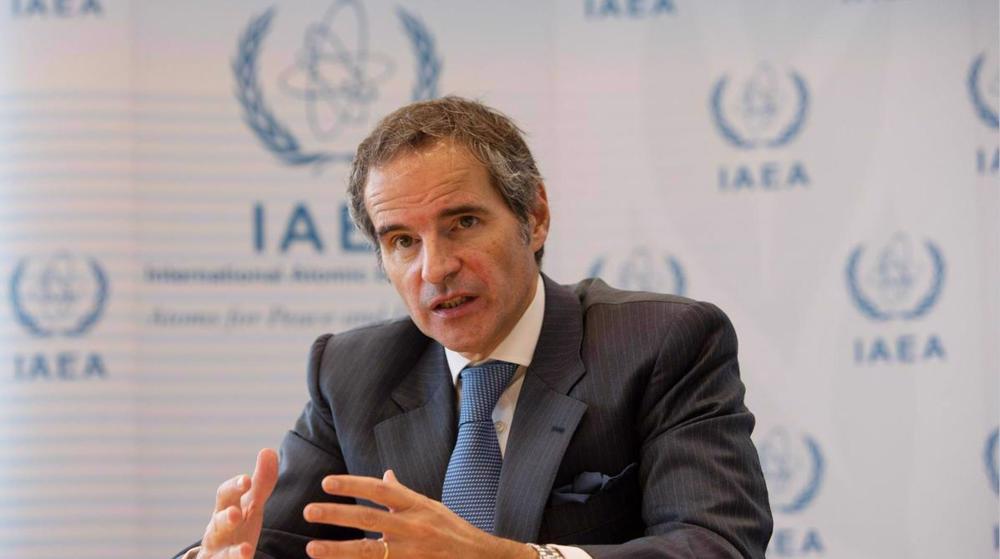
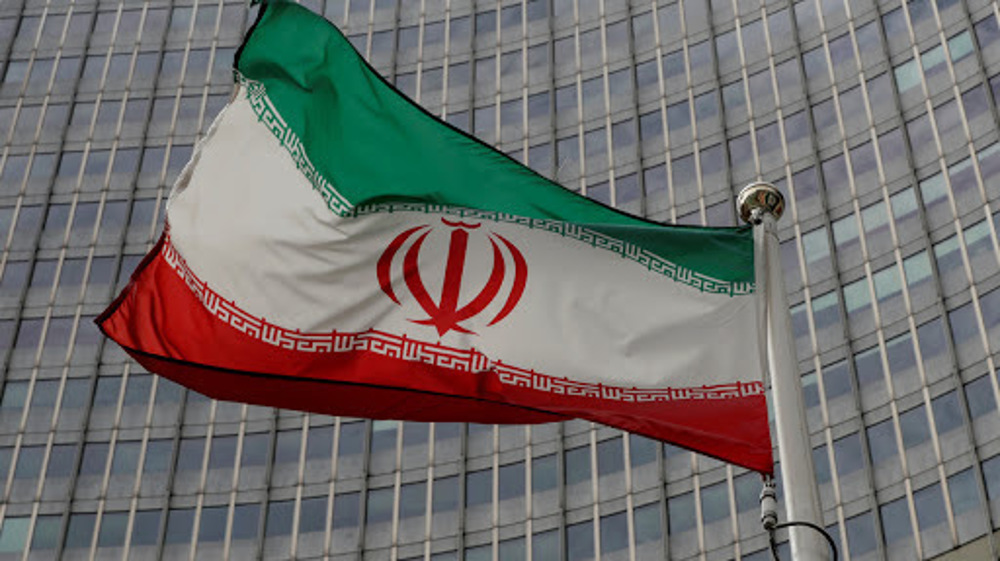
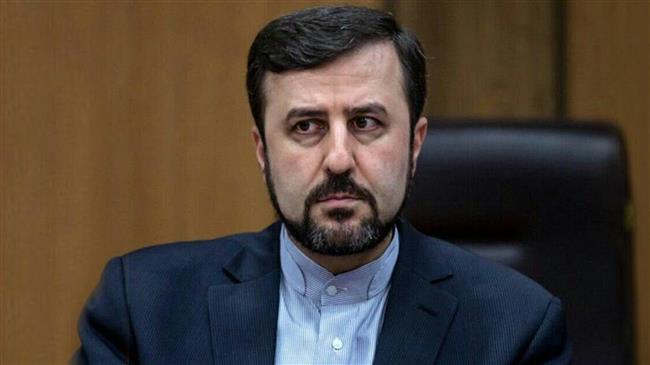

 This makes it easy to access the Press TV website
This makes it easy to access the Press TV website